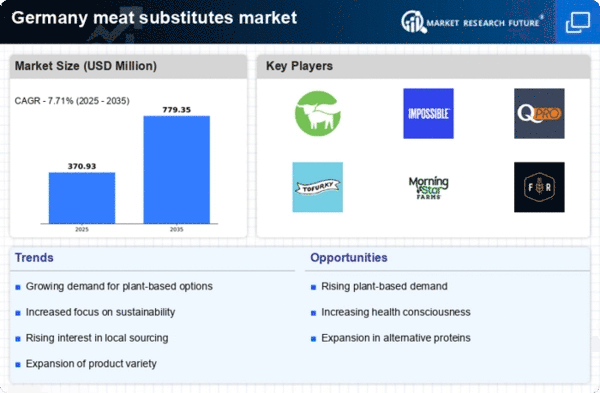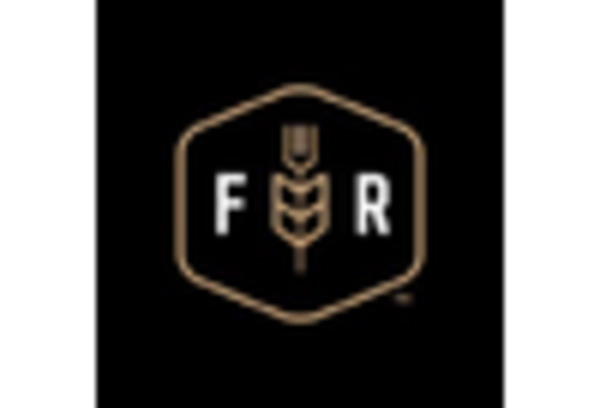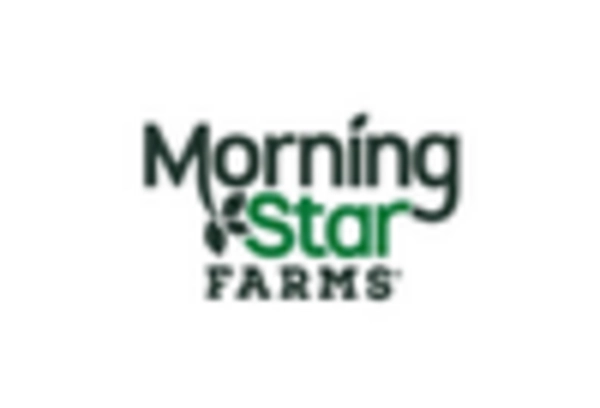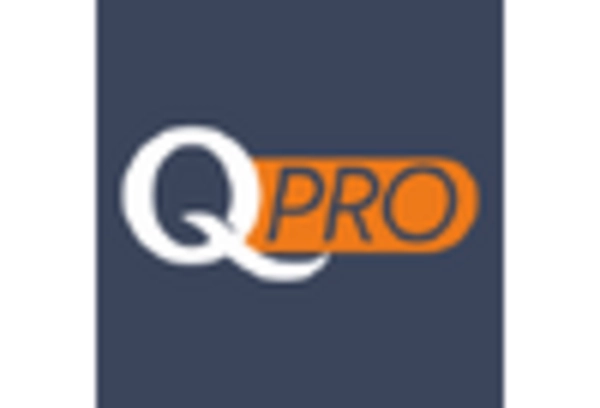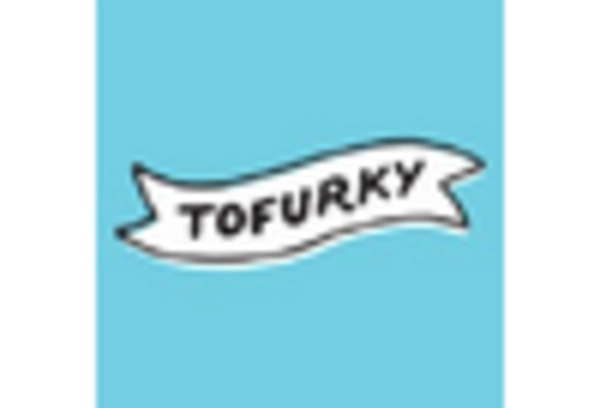Health Consciousness Among Consumers
The increasing awareness of health issues related to meat consumption is driving the meat substitutes market in Germany. Consumers are becoming more health-conscious, seeking alternatives that offer lower fat content and higher nutritional value. This shift is reflected in the growing demand for plant-based proteins, which are perceived as healthier options. According to recent data, the market for meat substitutes in Germany is projected to grow at a CAGR of 10% from 2023 to 2028. This trend indicates a significant shift in consumer preferences towards healthier diets, which is likely to continue influencing the meat substitutes market.
Environmental Concerns and Climate Change
Environmental sustainability is a critical driver for the meat substitutes market in Germany. As climate change becomes an increasingly pressing issue, consumers are more inclined to choose products that have a lower environmental impact. The meat industry is known for its substantial carbon footprint, prompting many to seek alternatives. Research indicates that plant-based diets can reduce greenhouse gas emissions by up to 50%. This awareness is fostering a growing market for meat substitutes, as consumers align their purchasing decisions with their environmental values, thereby propelling the meat substitutes market forward.
Regulatory Support for Alternative Proteins
Government policies and regulations are increasingly supporting the development of the meat substitutes market in Germany. Initiatives aimed at promoting sustainable food sources and reducing meat consumption are encouraging investment in alternative proteins. The German government has set ambitious targets for reducing greenhouse gas emissions, which includes promoting plant-based diets. This regulatory environment is likely to foster innovation and growth within the meat substitutes market, as companies seek to align their products with governmental sustainability goals.
Technological Advancements in Food Production
Technological innovations are reshaping the meat substitutes market in Germany. Advances in food technology, such as improved methods for extracting plant proteins and enhancing flavor profiles, are making meat alternatives more appealing to consumers. The introduction of lab-grown meat and other innovative products is expanding the market's offerings. In 2025, the market is expected to reach €1.5 billion, driven by these advancements. This evolution in food production technology is likely to attract a broader consumer base, thereby enhancing the growth potential of the meat substitutes market.
Changing Demographics and Consumer Preferences
Demographic shifts in Germany are influencing the meat substitutes market. Younger generations, particularly millennials and Gen Z, are more open to trying plant-based diets and are driving demand for meat alternatives. This demographic is characterized by a preference for sustainable and ethical food choices, which aligns with the offerings in the meat substitutes market. As these consumers become a larger portion of the market, their preferences are likely to shape product development and marketing strategies, further propelling the meat substitutes market.


